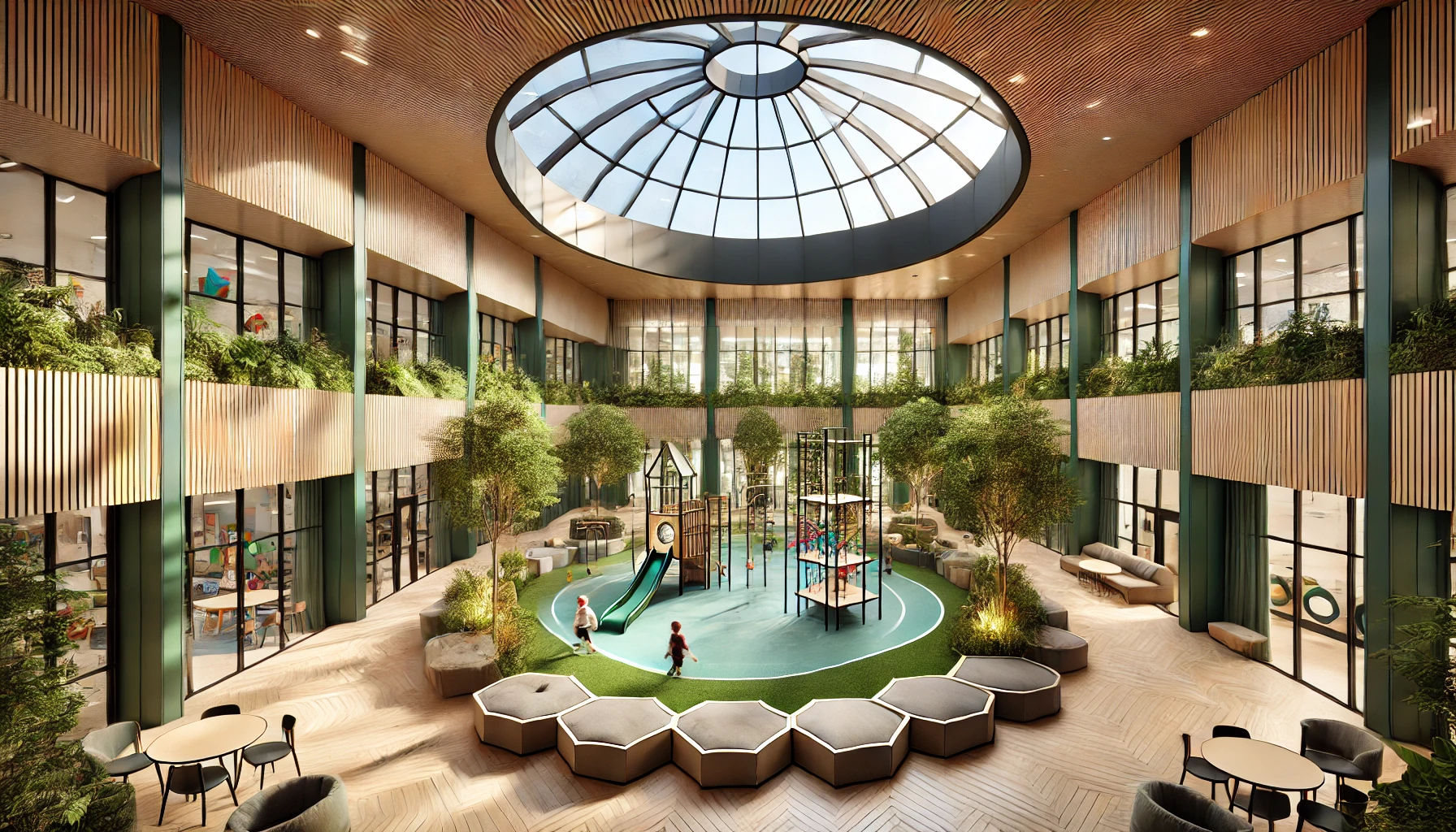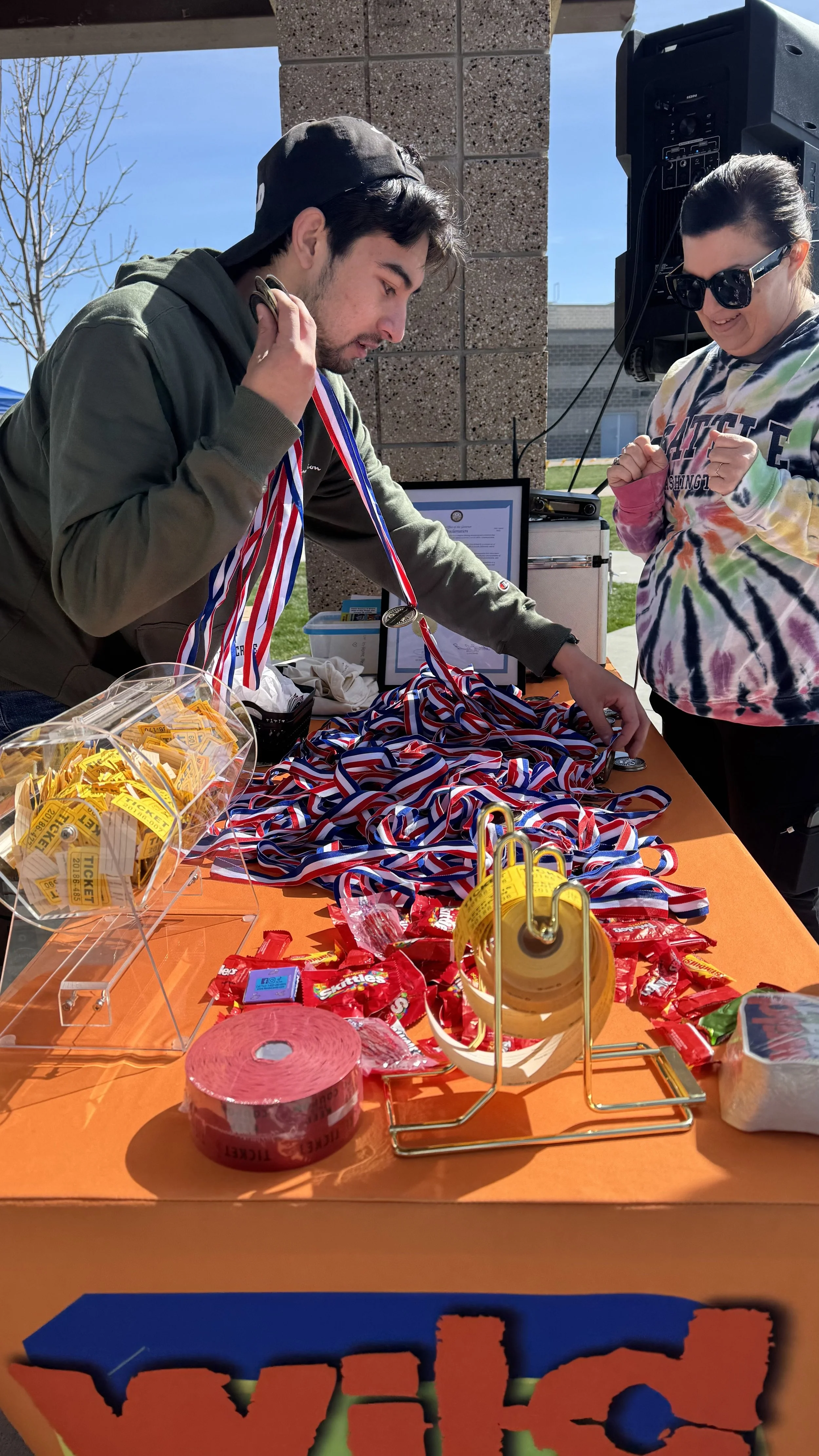Courses & Education
-
Families will learn how the ADA (Americans with Disabilities Act) and state-specific education rights protect their children in school settings.
Core Topics:
Differences between IDEA (Individuals with Disabilities Education Act), 504 Plans, and IEPs.
How private and public schools vary in their responsibilities under ADA.
State-specific protections and resources for families.
Practical Skills:
How to request accommodations and modifications.
How to navigate IEP/504 meetings effectively.
How to document and escalate concerns when rights are not upheld.
Outcome: Families gain the confidence to ensure their child’s educational environment is accessible, safe, and their voices are respected/heard.
-
We will teach families the foundations of ADA law and what it looks like in practice.
Core Topics:
What the ADA covers and its five main areas (employment, state/local government, public accommodations, telecommunications, and miscellaneous provisions).
How ADA protections apply to individuals with autism across school, community, and work settings.
Federal vs. state differences, and when both apply.
Practical Skills:
How to identify ADA violations.
How to file a complaint or seek resolution.
How to educate others on ADA rights.
Outcome: Families become informed advocates who understand how to use ADA protections as a tool for equity and inclusion.
-
We will focus on equipping families to advocate for their autistic adults in the workplace.
Core Topics:
Employment protections under ADA Title I.
Disclosure decisions: when and how to share a diagnosis.
Reasonable accommodations in hiring, training, and daily work.
Workplace discrimination: prevention and action steps.
Practical Skills:
How to request and negotiate workplace accommodations.
How to collaborate with HR and supervisors.
How to connect with vocational rehabilitation, job coaches, and supportive services.
Outcome: Families can help their autistic adults build sustainable, positive career paths and protect their rights at work.
Initiatives & Events
-
Every April, Autism Awareness Month begins with our Autism Walk — a community celebration filled with energy, connection, and impact.
🌟 What We Did
In our first year hosting the walk, Lyla’s House brought together families, individuals, and supporters from across the Treasure Valley. With sensory accommodations, resource tables, and a welcoming environment, the walk became more than just a fundraiser — it was a chance for our community to gather, learn, and celebrate neurodiversity in a safe and supportive space.
💙 Why We Do It
The Autism Walk isn’t just about walking side by side; it’s about:
Raising awareness of sensory needs and autism experiences
Creating a fun, inclusive kickoff to Autism Awareness Month
Building connections between families, schools, service providers, and advocates
Honoring autistic individuals by making them the center of the celebration
👥 Who We Served
In our first-ever walk, we proudly served over 500 attendees. Families found resources they could use immediately, children enjoyed a space where they could feel safe and included, and community members left inspired to continue supporting autism initiatives throughout the year.
✨ The Autism Walk is just the beginning. Each April, we’ll continue this tradition to grow awareness, strengthen community bonds, and raise critical funds that fuel our programs year-round.
-
Sensory Tent Program: Our portable tents travel to community events and Special Olympics competitions, giving families a safe space when they need it most.
Sensory RV Project: A future retrofit of a bus/RV into a fully equipped sensory reset space—bringing comfort and innovation to public events across Idaho.
-
Law Enforcement & First Responder Training: Donations fund specialized training, including go-to booklets and real-life de-escalation strategies, ensuring safer interactions with autistic individuals.
Schools & Community Outreach: Support workshops and resource development to help educators, parents, and students better navigate sensory needs and neurodiversity.
-
Partnership Development: We are building collaborations with organizations like Special Olympics Idaho, Iliad Media Group, Anderson Reserve, and Treasure Valley Subaru.
Autism Schools Project: Our long-term vision is to create state-of-the-art schools tailored to autistic learning styles—your early investment helps lay this foundation.
-
Family Resource Support: Donations provide sensory kits, training, and connections for families navigating autism.
Advocacy & ADA Support: Contributions allow us to stand alongside autistic individuals in schools, courts, and communities to ensure their voices are heard.
Autism Gear (Coming Soon)
-
Stay Tuned for items that represent Autism, whether traveling, flying, out in public or representing in your home, there will be a bit of everything to show pride and love of autism. ❤️
Sensory
-
Lyla’s House sensory tents are calming, low-stimulation spaces designed to support individuals with autism during public events. Equipped with soft lighting, ear protection, sensory tools, black out tents and comfortable seating, the tents provide a safe retreat to regulate and reset. They reduce sensory overload, promote innovating solutions to public events, and help families participate more fully in community experiences.
-
Help us convert our sensory tents into a sensory mobile vehicle. With climate control, simple set up, and noise control, we can help more families faster at public events. Visit our donation page and help us make our community sensory friendly.
S.A.F.E(ty) Contact
-
S.A.F.E. Contact is a tactical training model developed by Lyla’s House to help first responders recognize and respond effectively to autistic individuals in high-stress situations. The program focuses on:
Slowing the approach
Assessing behavior through a neurodivergent lens
Finding alternatives to force
Engaging with clarity and calmThrough scenario-based instruction and real-life examples, we teach first responders how to reduce escalation, avoid misinterpretation of noncompliance, and increase safety for all parties involved. SAFE Contact is built by a former officer, ADA advocate, and autism parent — and designed to hold up in the field.
Schooling
-
At Lyla’s House, the vision for our state-of-the-art autism school is to create an educational environment unlike anything currently available. This school will be designed from the ground up to honor the way autistic minds learn, thrive, and connect, combining the best of innovation, science, and compassion.
Innovative Environment
Sensory-responsive architecture: classrooms, hallways, and common spaces that adjust sound, lighting, and temperature to minimize overwhelm.
Technology-enabled learning: adaptive education, tech inspired, and hands-on materials that allow students to engage at their own pace and in their preferred style.
Integrated sensory reset spaces: private and shared areas for emotional regulation, ensuring students feel safe and supported throughout the day.
Holistic Approach
Individualized learning pathways that balance academic rigor with life skills, social-emotional growth, and vocational training.
Strong family integration, with parent education, therapy partnerships, and wraparound services to ensure support doesn’t stop at the school doors.
Community partnerships that give students opportunities for internships, mentorship, and real-world preparation.
National Model for Change
This school will be a blueprint for the future of autism education. It will not only meet unmet needs in Idaho but also serve as a replicable model for other states. By bringing together experts in neuroscience, education, therapy, and technology, the school will redefine what is possible for autistic learners.
The Impact
For Students: A safe, inspiring place to learn without being forced into molds that don’t fit. Students will graduate not only with knowledge but with confidence, independence, and direction.
For Families: Relief and hope, knowing their children are understood, supported, and prepared for adulthood.
For Communities: A generation of autistic individuals stepping into the workforce, higher education, and leadership with the tools they need to succeed.
For the Nation: A pioneering example of how to transform autism education, showing that when we innovate with patience and intention, the outcomes are life-changing.
If we bring this vision to fruition, the ripple effect will be immense—transforming families, shaping communities, and rewriting what it means to educate and empower autistic individuals.
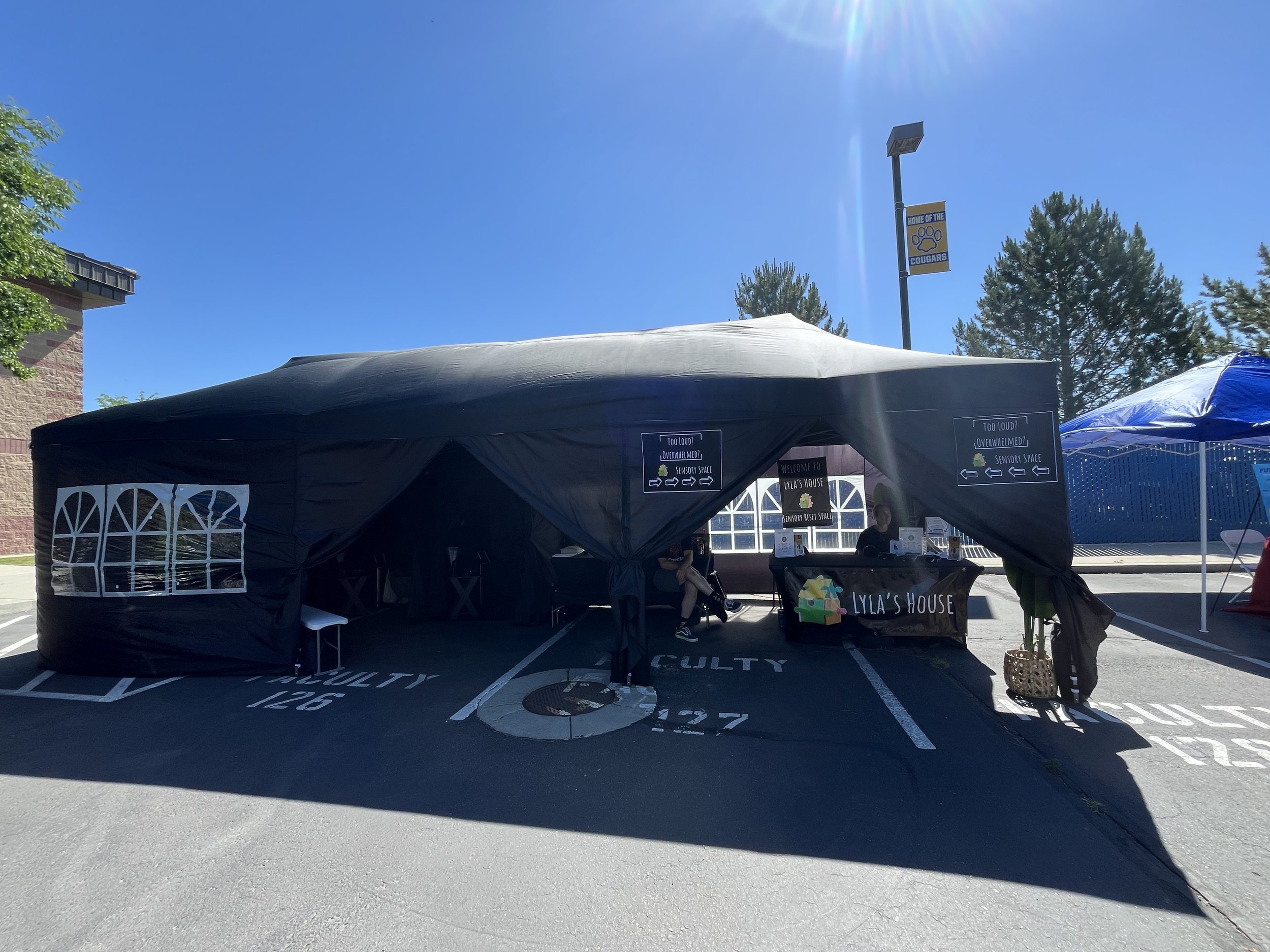




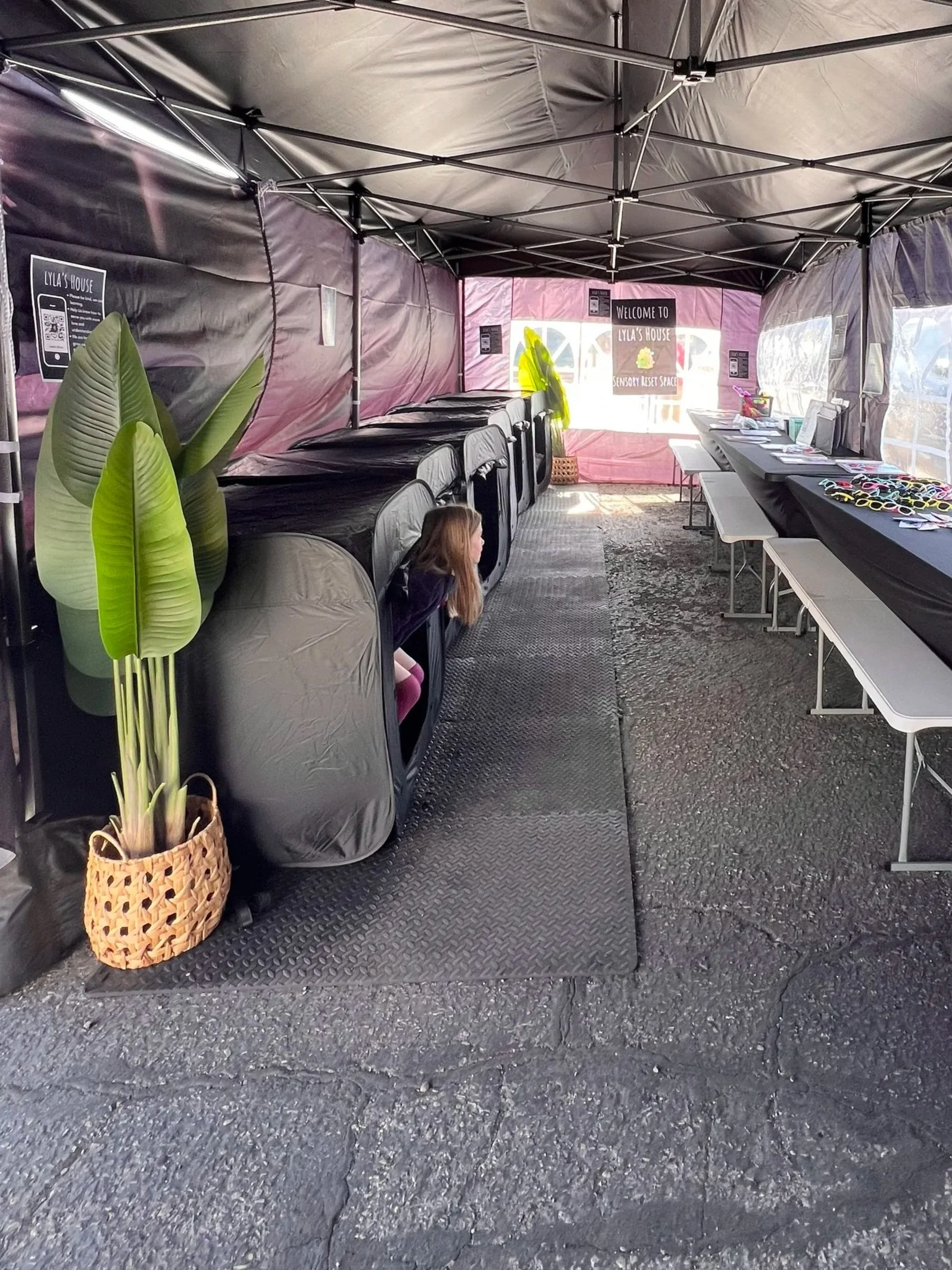
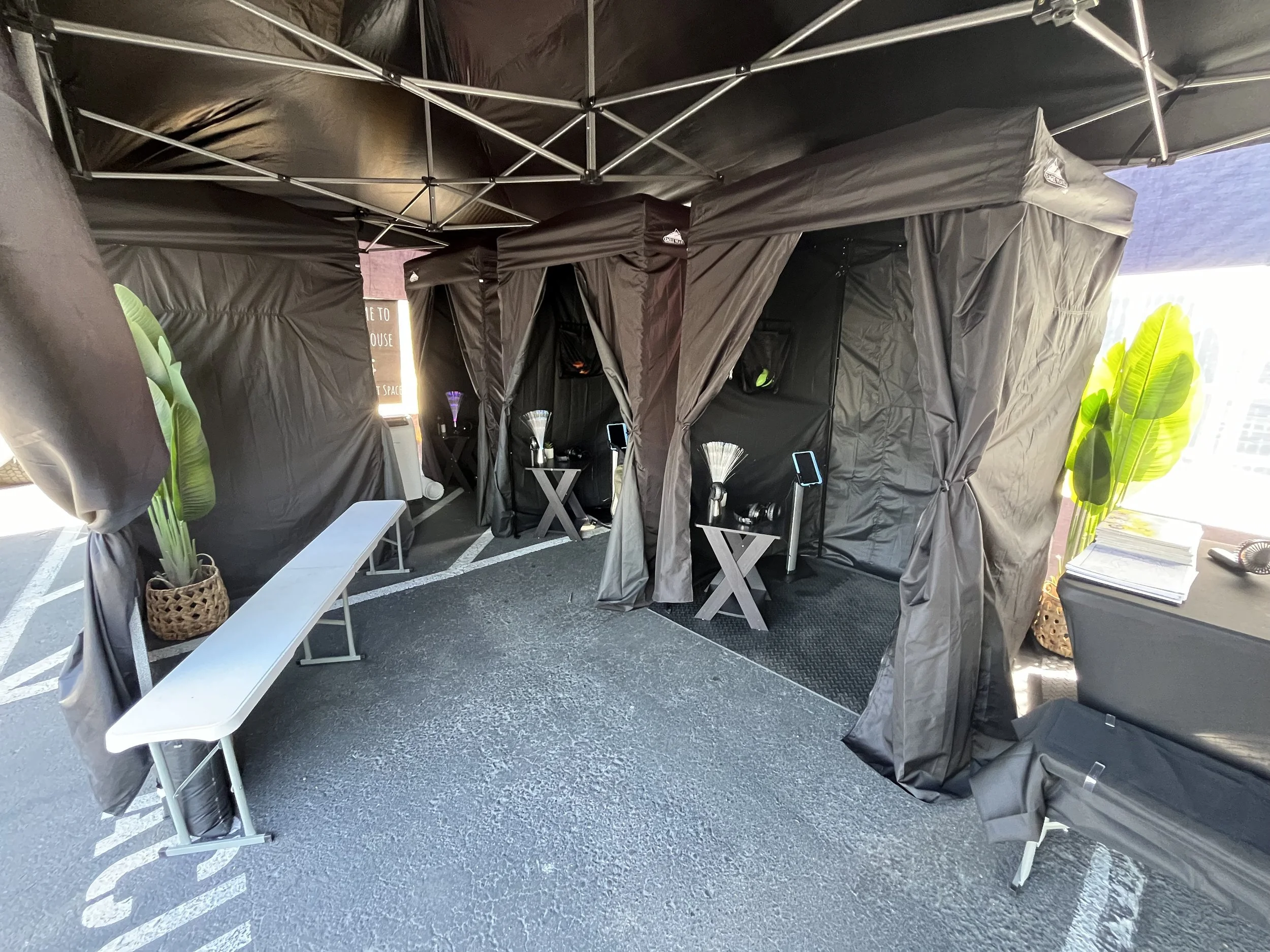
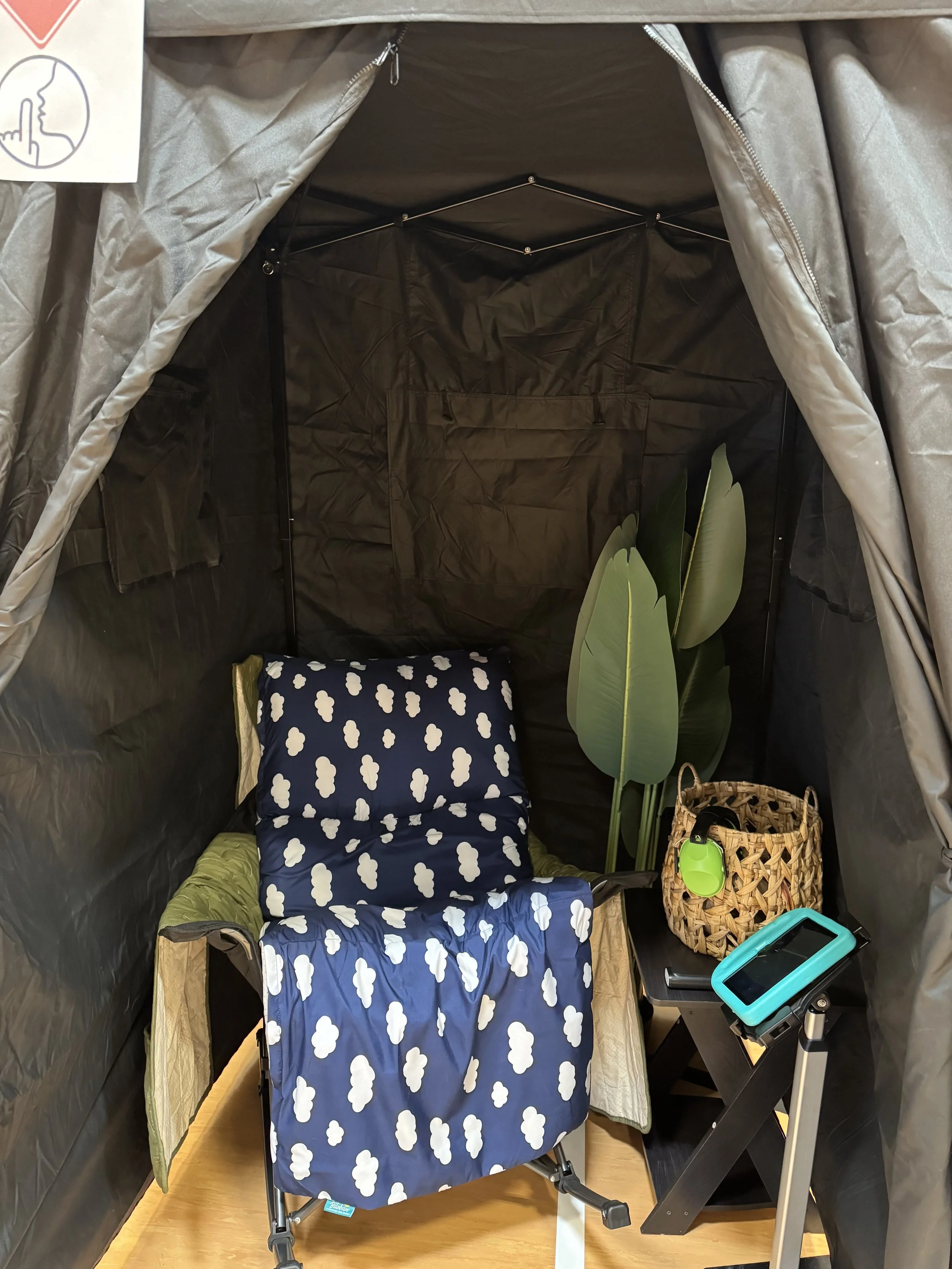



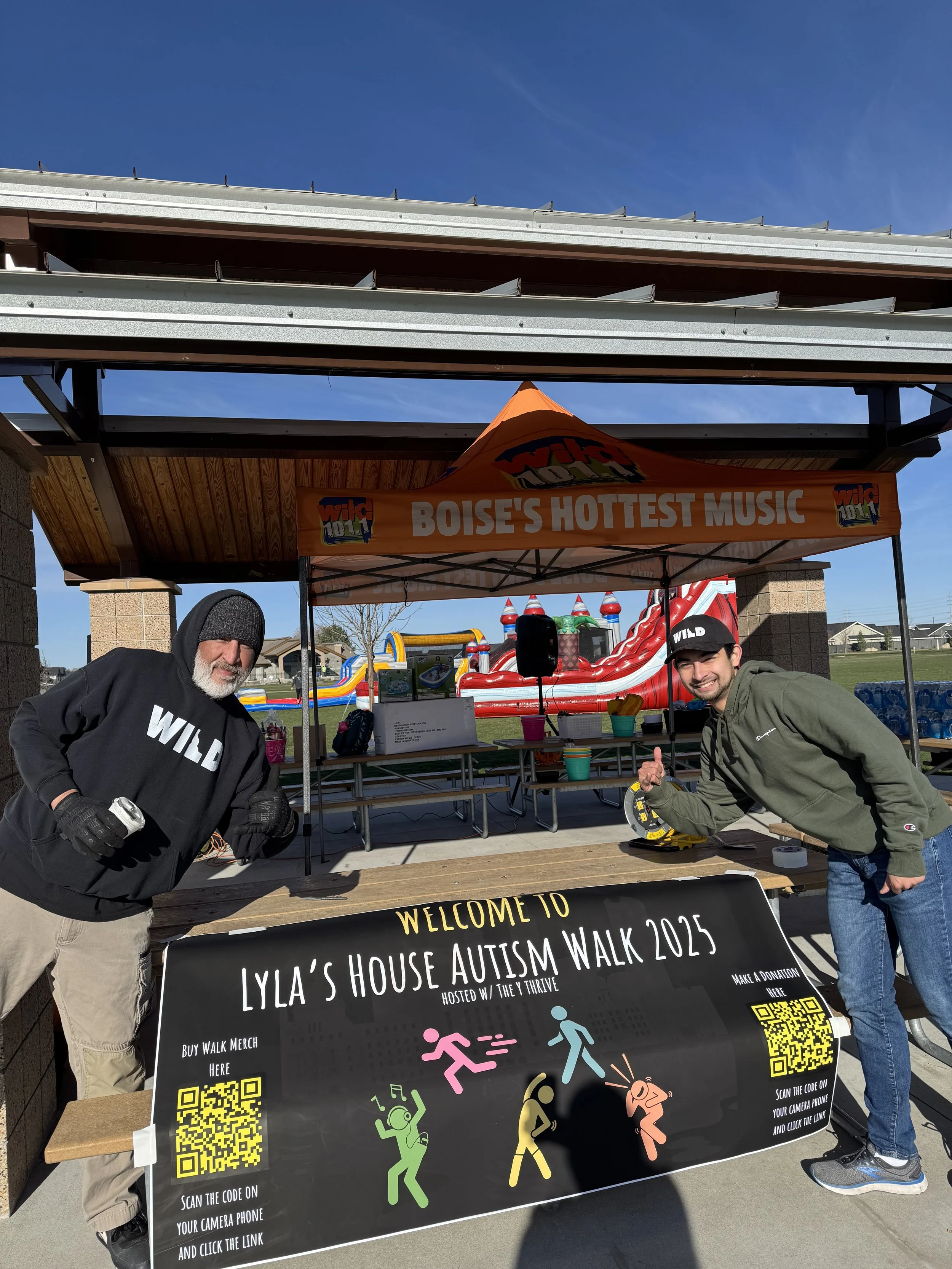
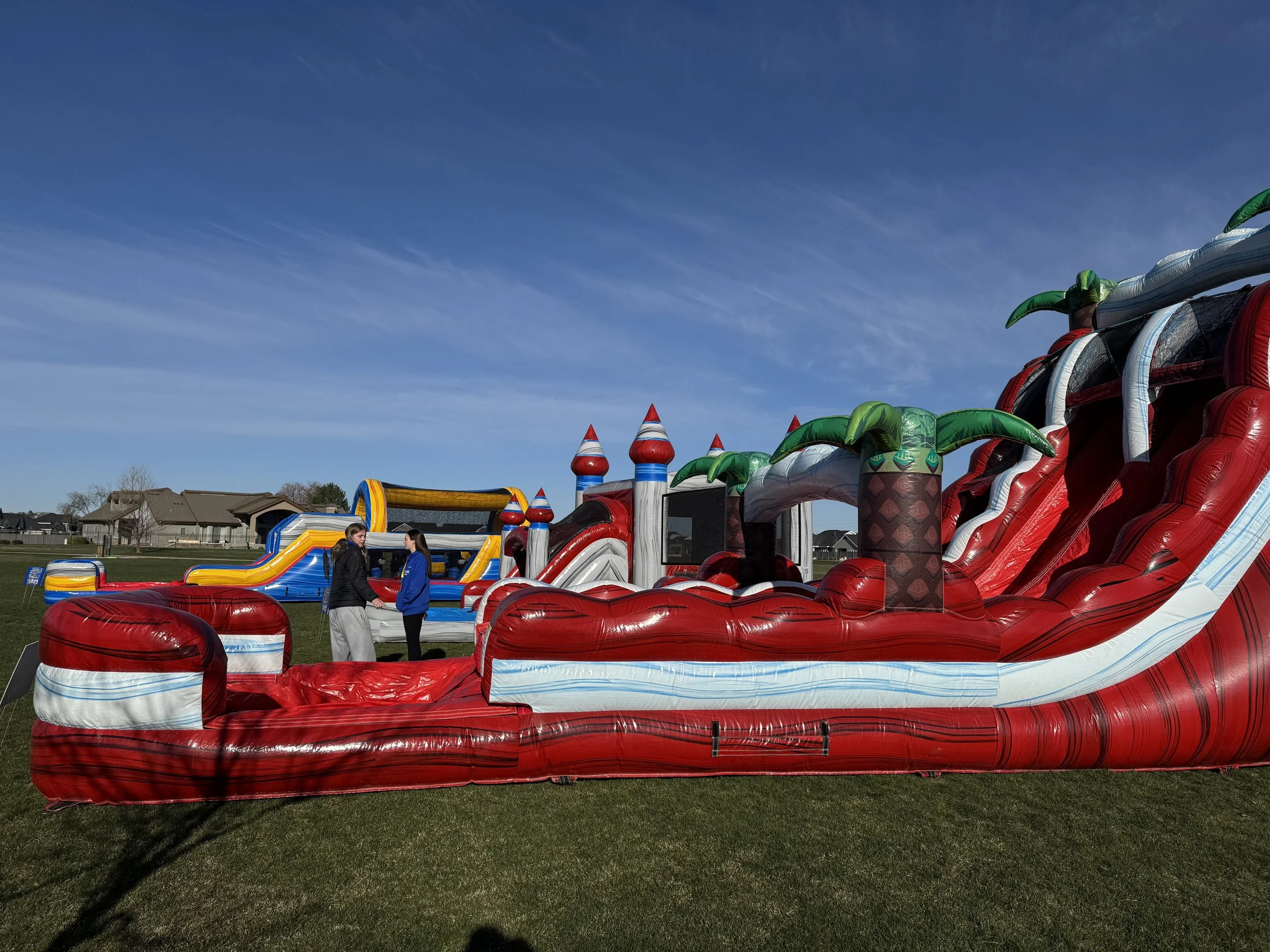
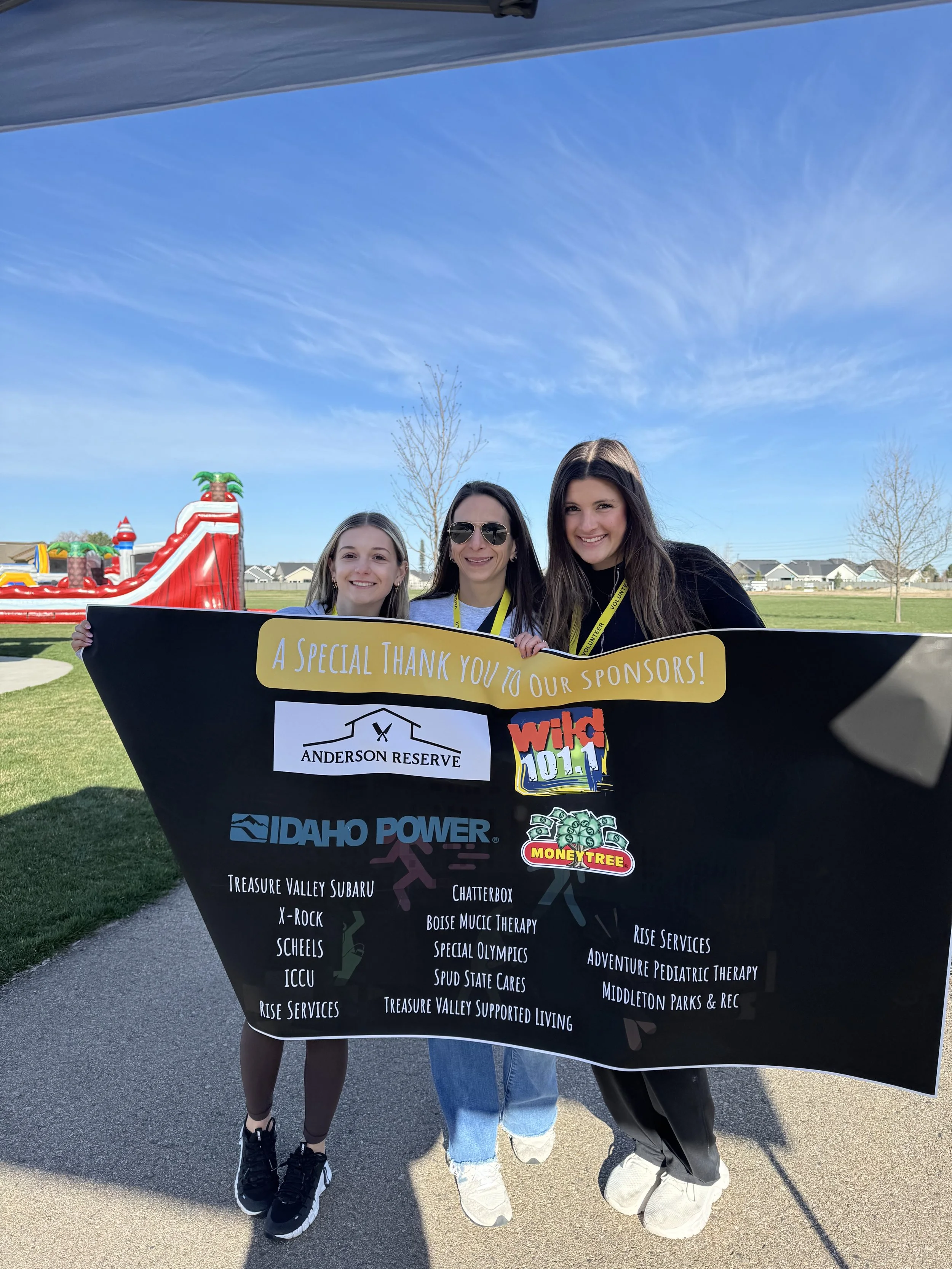
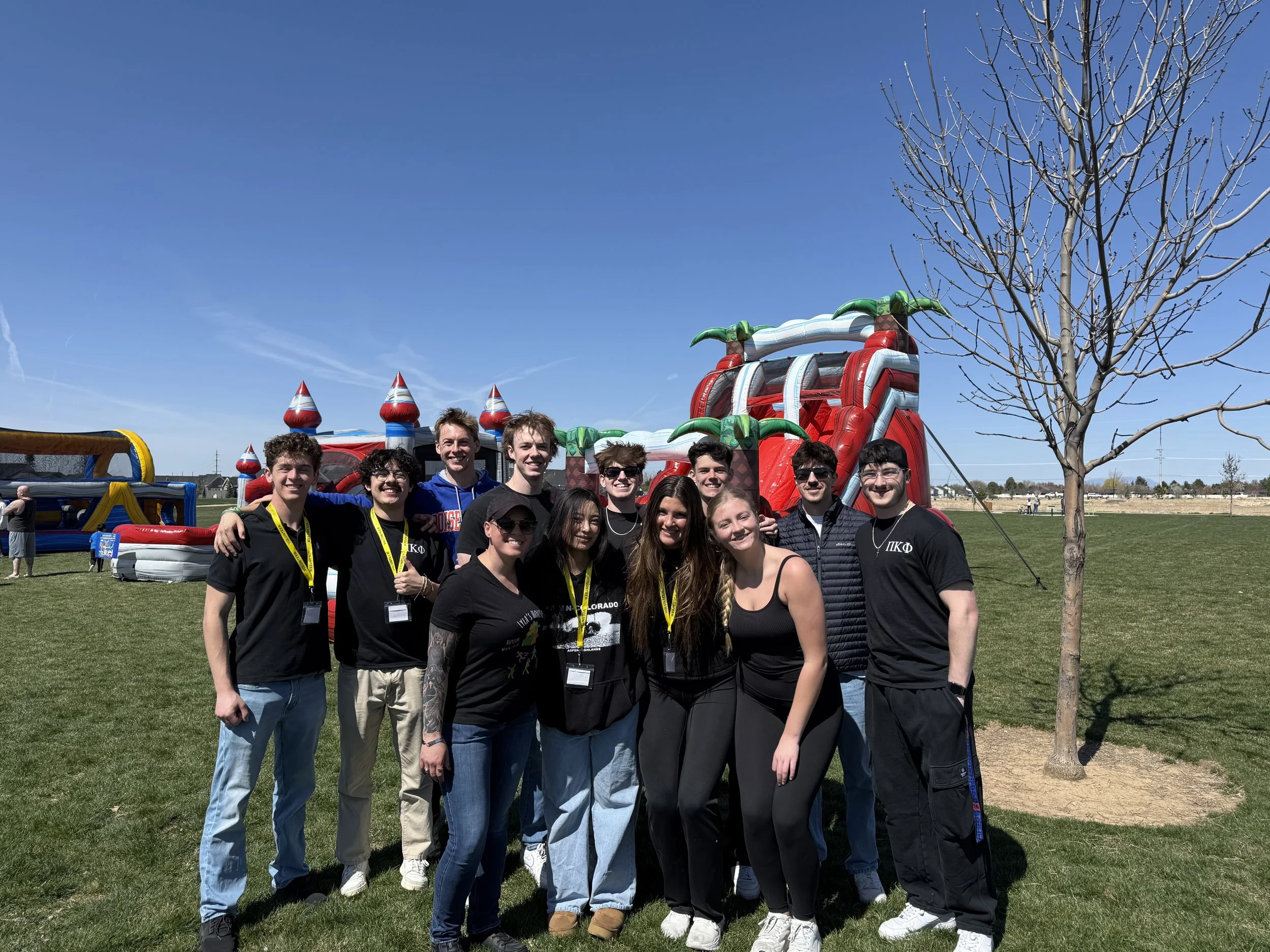

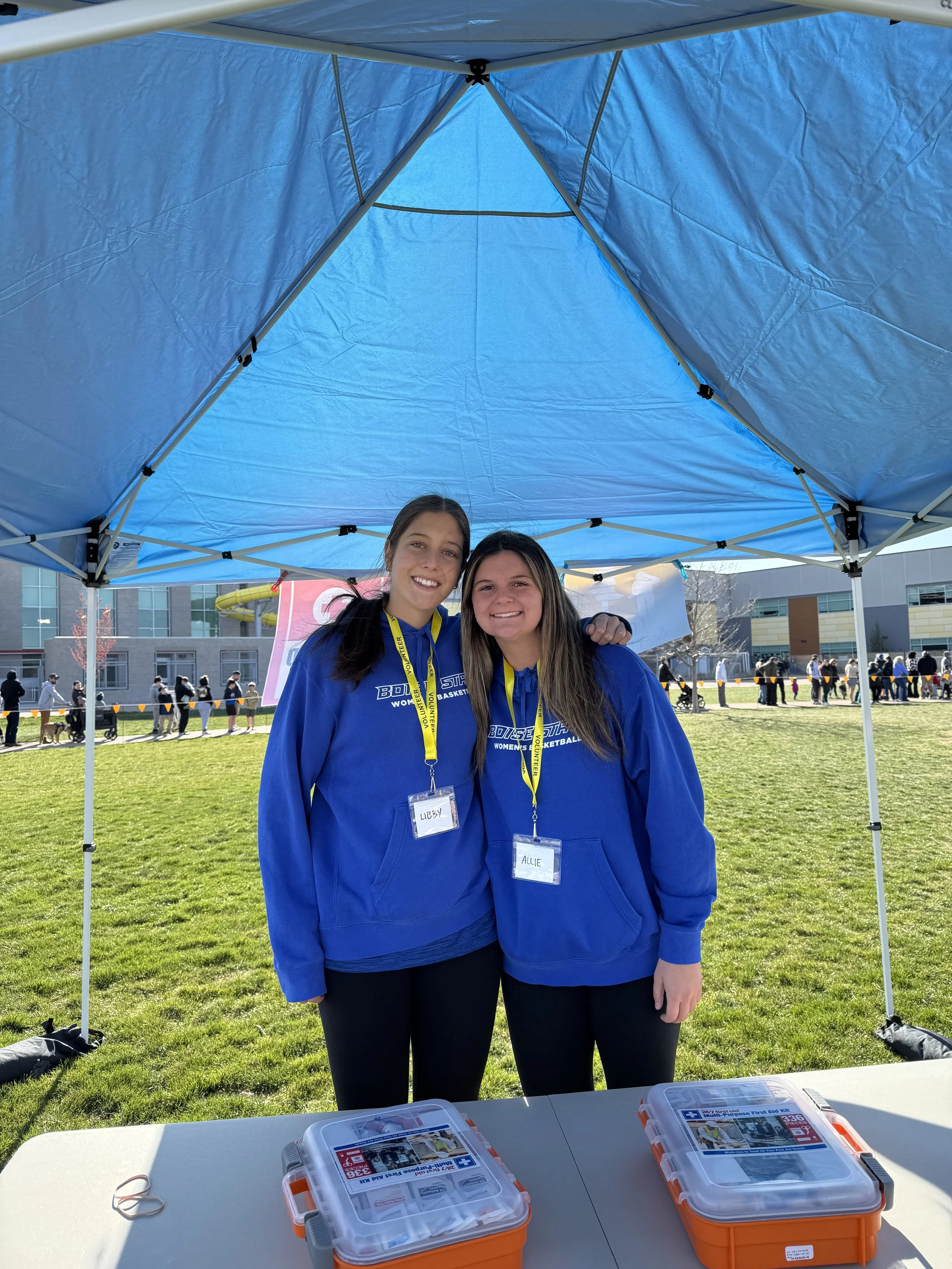
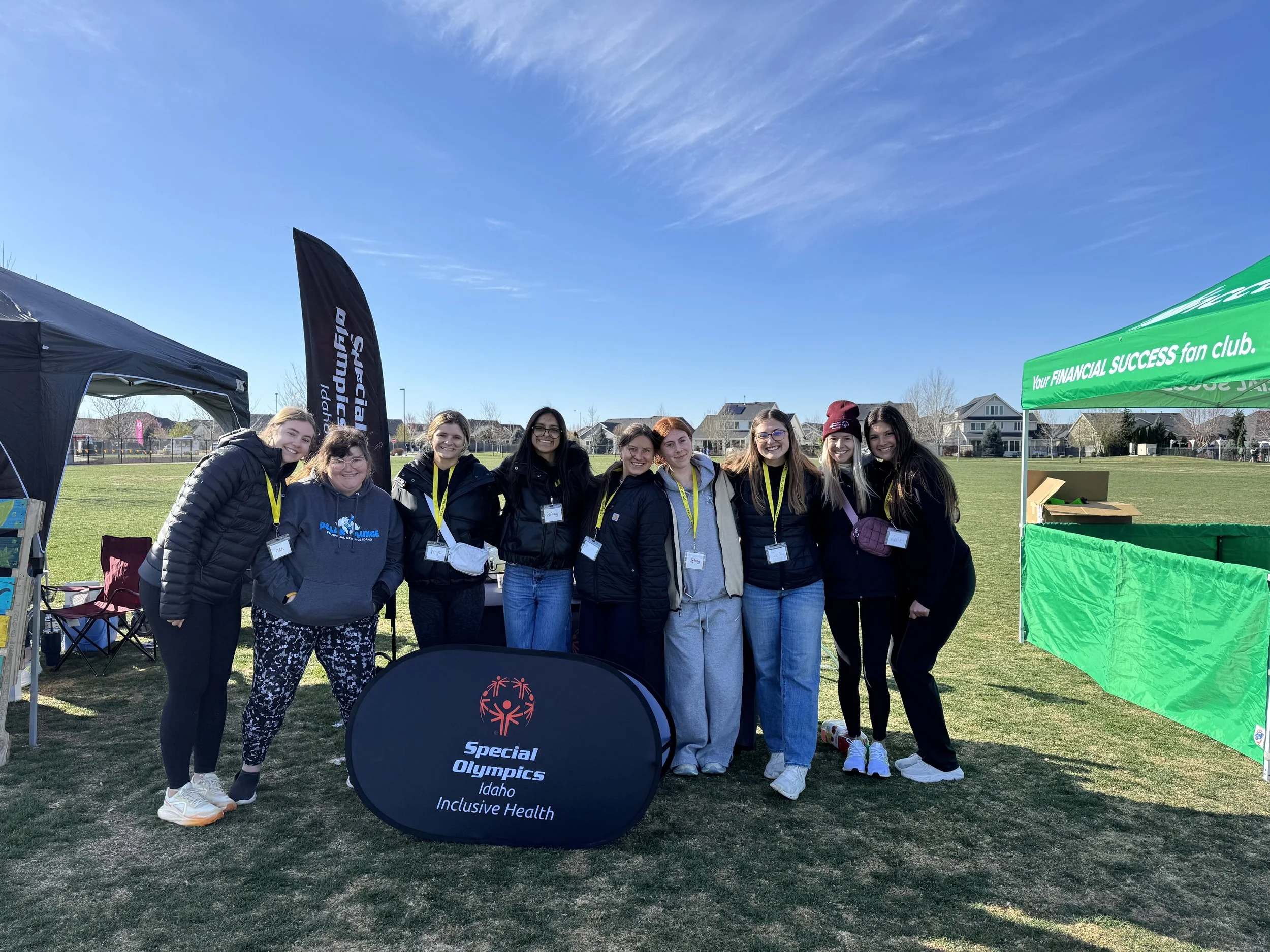
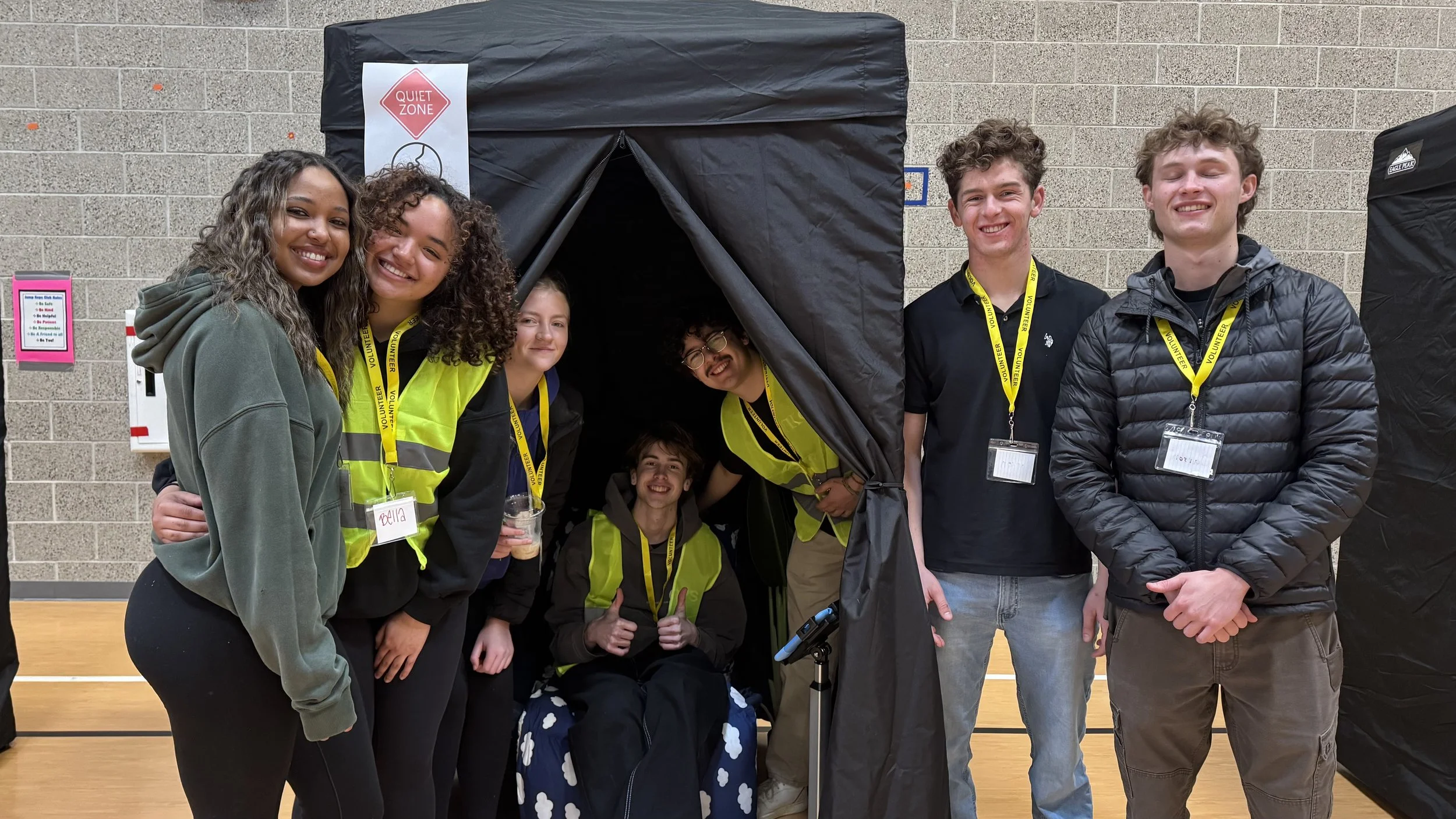



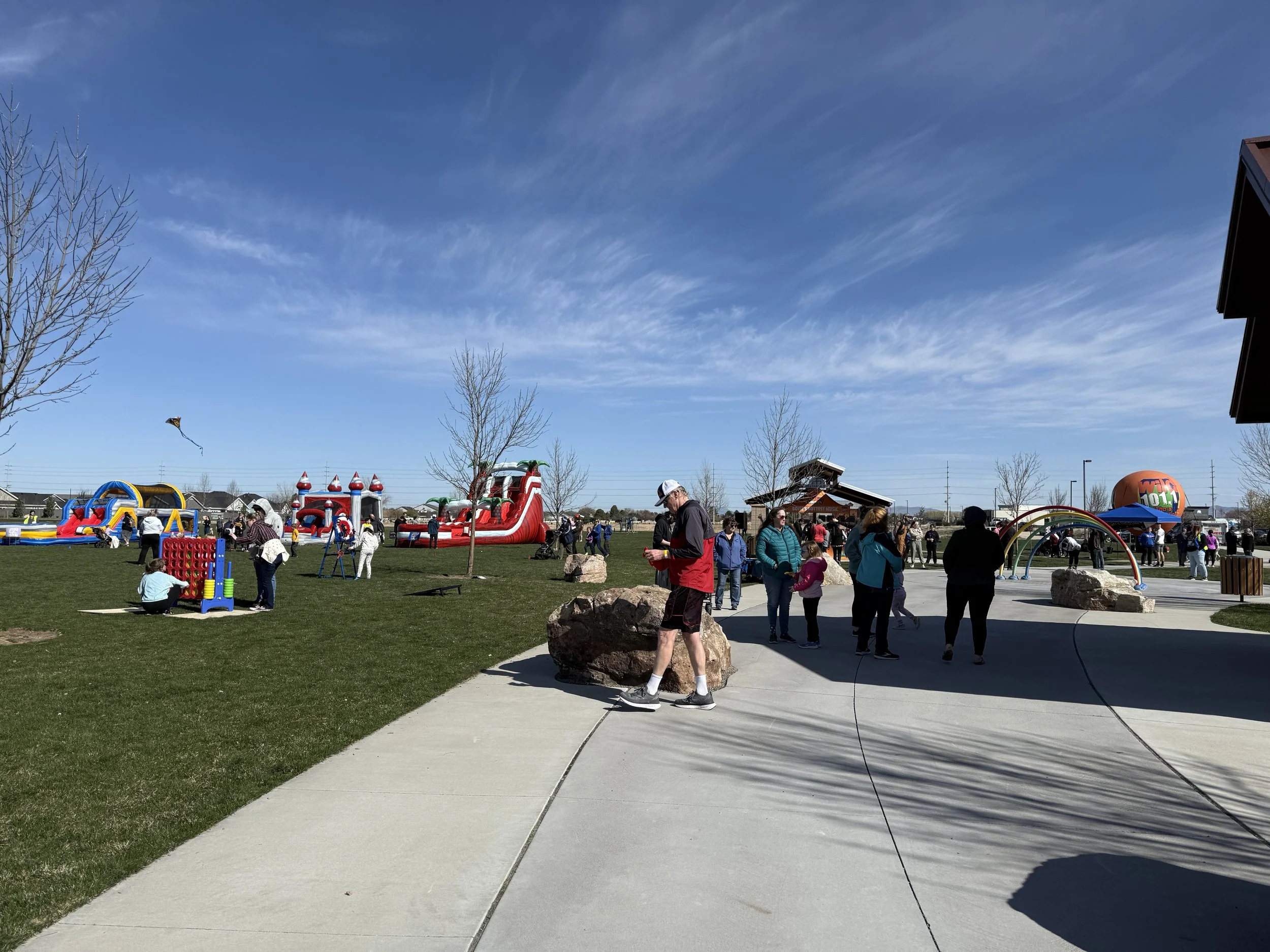
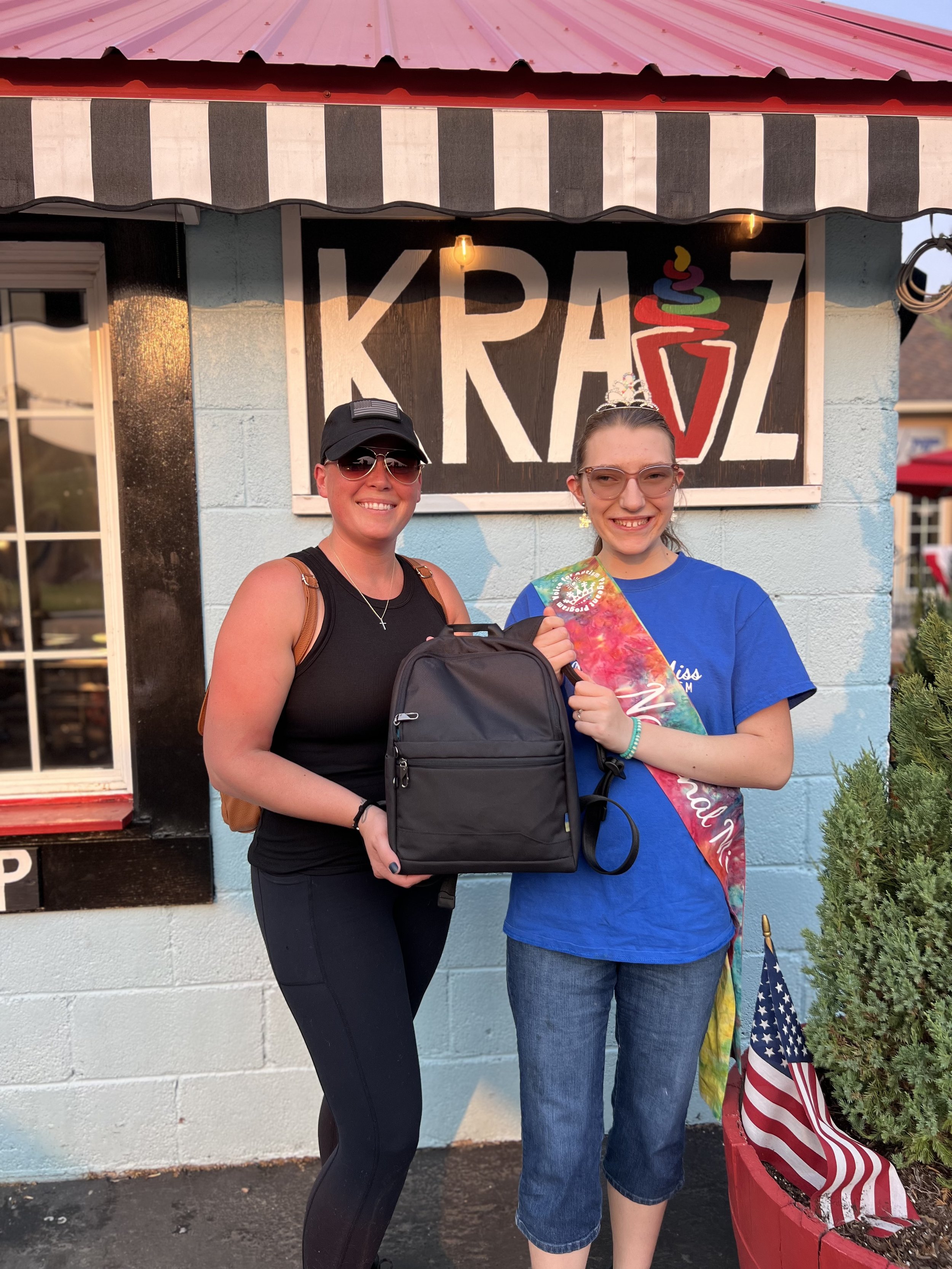
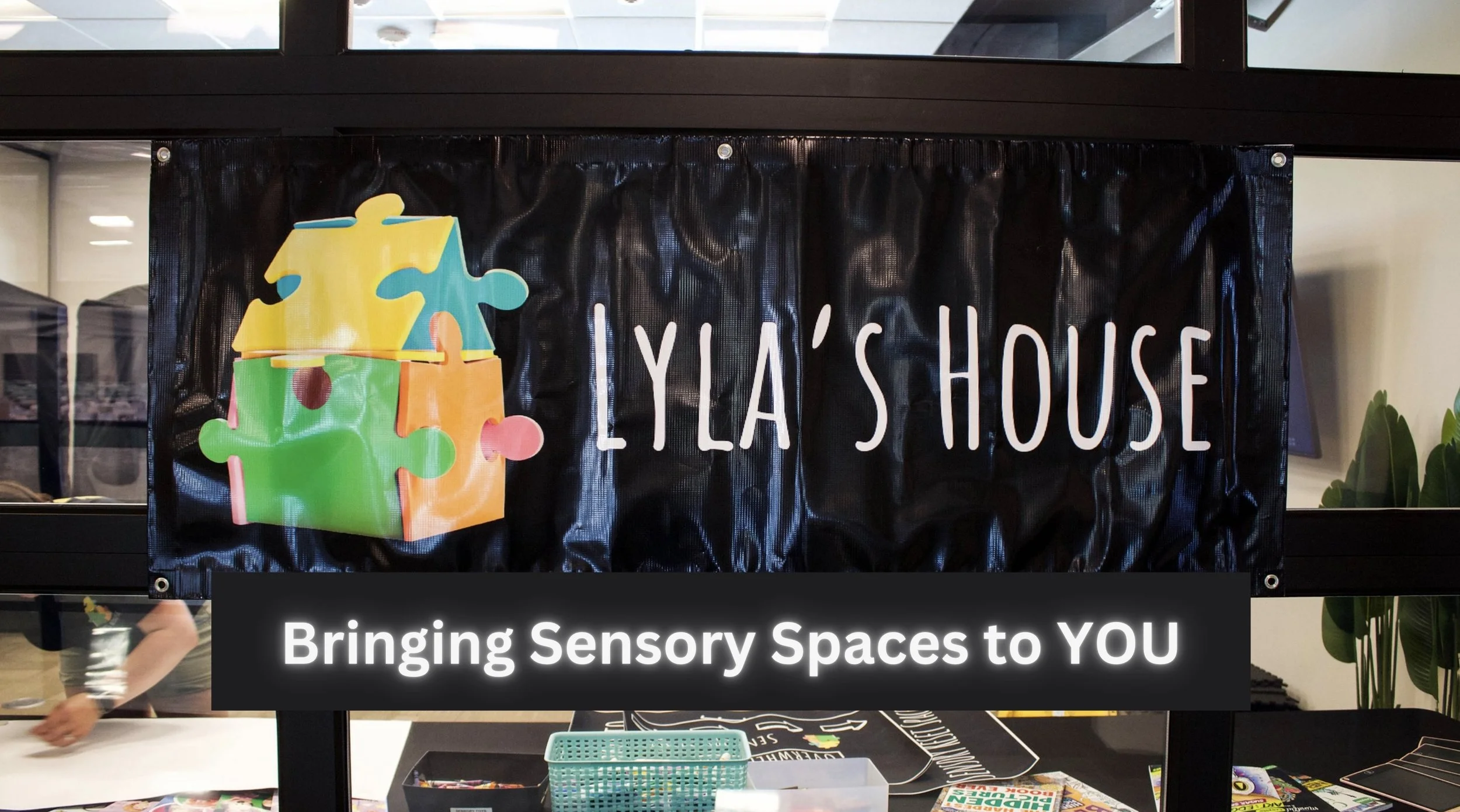
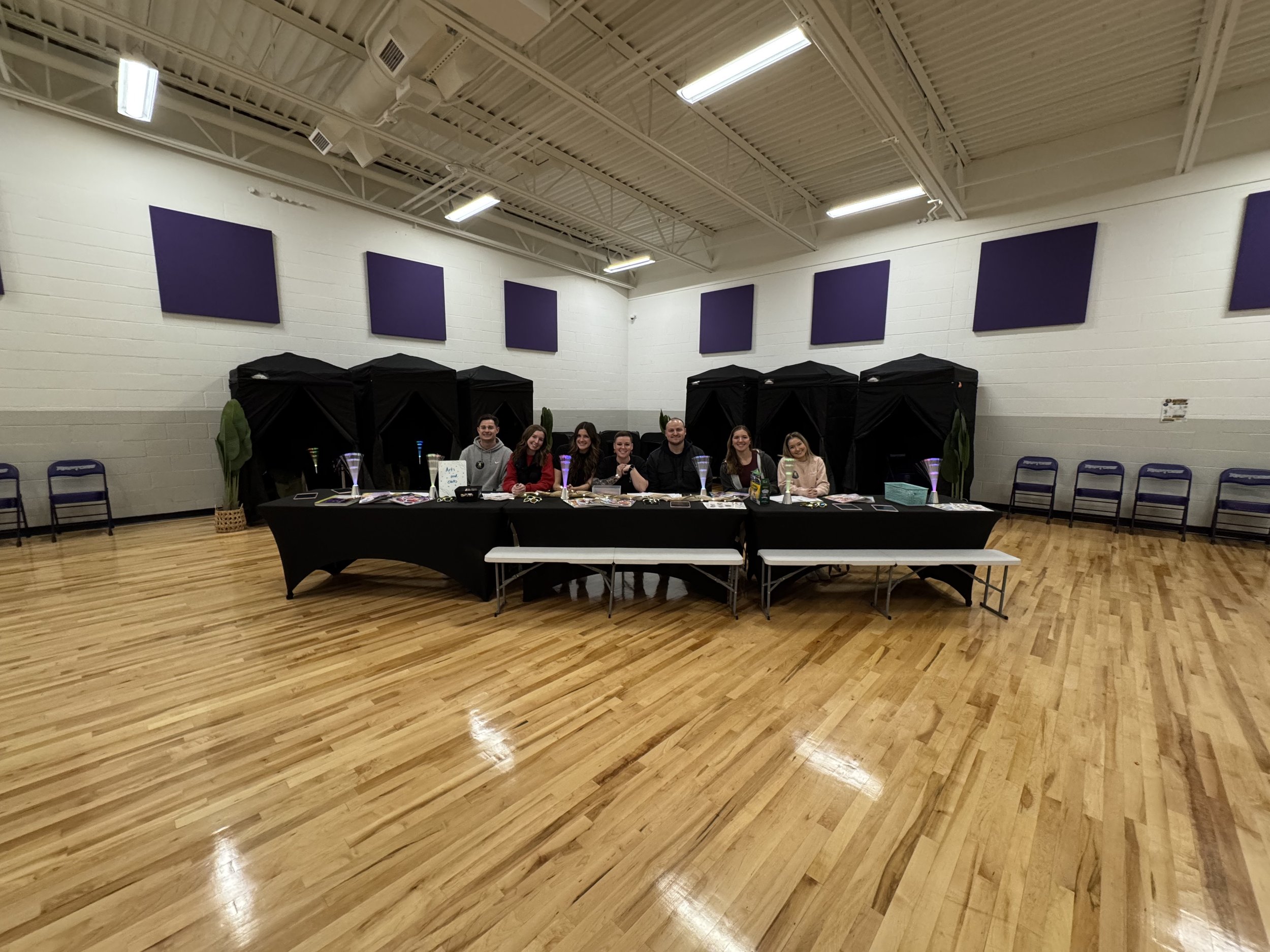
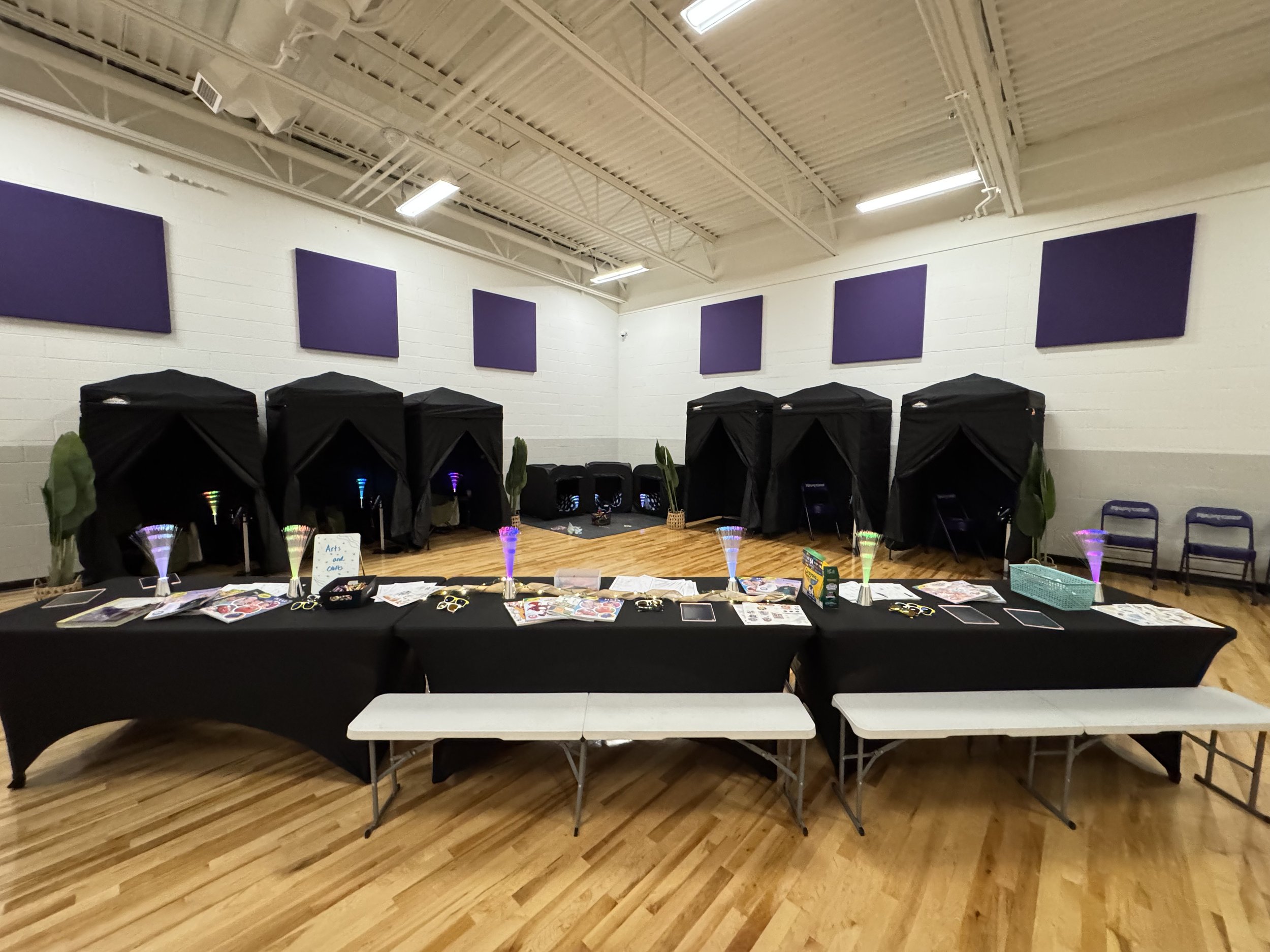
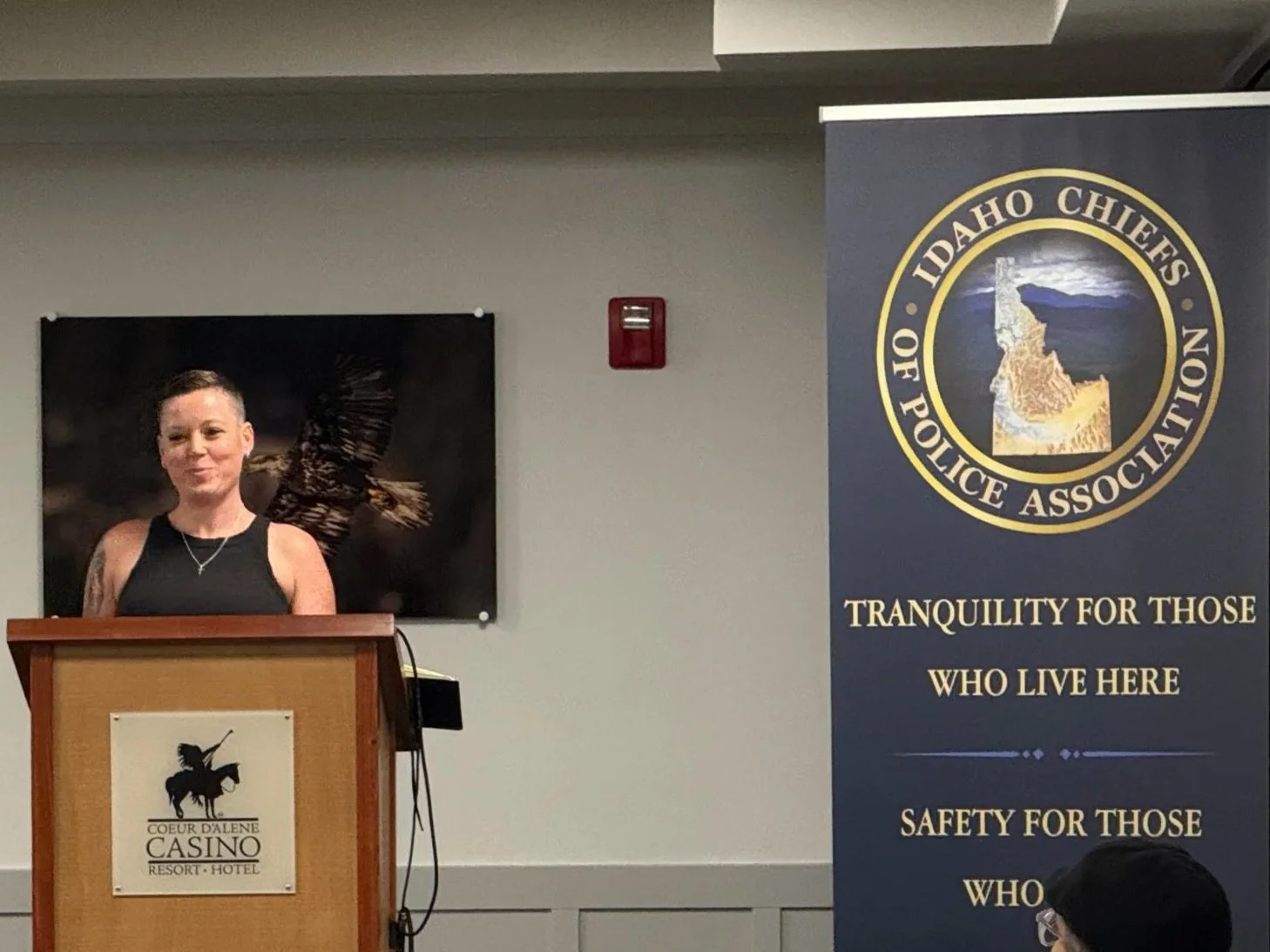







Supporting Sensory Needs and Advocacy for Autism
Lyla's House is dedicated to creating inclusive environments for neurodivergent individuals through sensory reset spaces for children, individual sensory tents for adults, and by supporting our community advocates. Our initiatives ensure that those who are neurodivergent can participate fully and comfortably in events, while also promoting awareness and advocacy.







